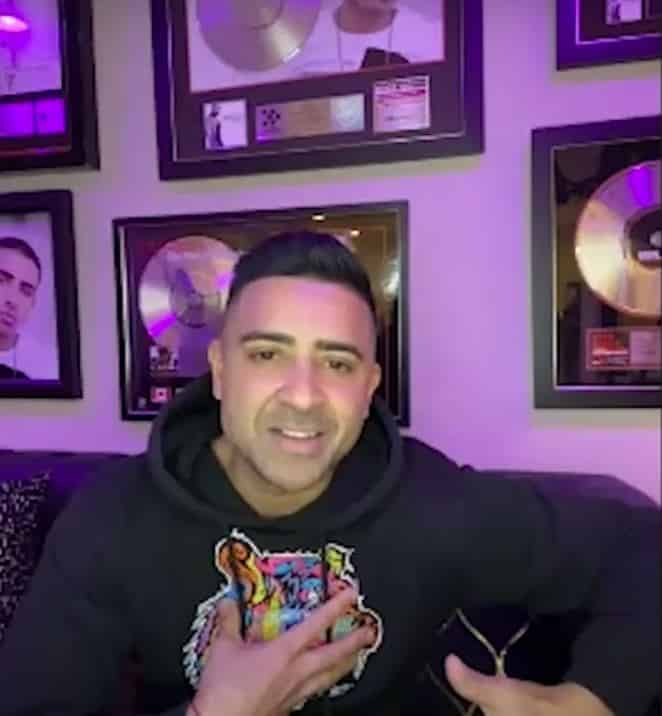See this exclusive video interview with Executive Producer Jay Sean, who wrote two songs for the film. Call Me Dancer follows the story of a young Mumbai dancer who is determined to become a professional dancer despite his parents’ wishes that he would follow a traditional path and education.
and education.
In an exclusive interview with uInterview founder Erik Meers, executive producer Jay Sean talked about why he wanted to be part of the film.
“When I was sent the initial first, sort of rough edit draft of the movie and they asked me if I would like to be involved and honestly, I was immediately impressed by the cinematography,” Sean said. “You know like, this is a docu-film but shot so beautifully. It didn’t feel like your classic sort of documentary which is very cinematic and had that elegant feel to it and it was very real and honest and you know, a story that I can relate to because it’s the Rocky Balboa story, you know, and that’s what it is to me. That the little guy who has a big dream and you know goes against all odds to chase that dream and I think that’s something that a lot of us can relate to, but I personally went through that myself being you know a South Asian first to crossover mainstream and have the kind of success that I had and when I should have been pursuing a medical degree and so to me it’s just resonating I was like, ‘Ok, I really love where this is going.’ And I wanted to get involved and that’s how it came about.”
Sean, a hugely successful musician himself, went on to further talk about how he could relate to South Asian families not wanting their children to pursue arts.
“The amount of times I’ve been asked in my career which is now 20 years and I’m still getting asked this question, ‘so Jay how did your parents feel about you quitting medicine going into music’ and I’m like, it’s fine, I addressed this but it clearly goes to show that there is not one actual answer because my answer would just be actually they were supportive, but what they want to hear is, ‘no they hated it and I have to get go against all odds and then finally won my parents over,” he explained. “Mine was a little bit different but I can answer the general question for why I think a lot of Indian families or should I say just sort of South Asian families because I can only speak for them, um would be more inclined to encourage their children go to go into academia rather than the arts is quite simple. It’s because their forefathers, or they themselves, had to leave their motherland, come to the West in hopes of creating a better life for not only themselves but mainly for their children.”
“My grandfather, for example, came over from India, had to leave his family of five kids and his wife behind in India for three years in order to come to England where his brother-in-law had moved and got a job in order to make a little more money and send it back to India for the family and, you know, really he was grinding and only after three years of being separated from his family could he bring them over, afford to bring them over and then sort of give them this better life that he had dreamt of for his family,” Sean continued. “So after going to all of that hardship and leaving your family behind, the last thing they want to hear once their kids grow up is like, ‘hey, Dad! I wanna be an actor!’ ‘Yeah, good job, go to Cambridge University. Become a doctor or a lawyer or something that is a career, a profession.’ As opposed to something that may be, and most likely is, by most people considered a very fickle job. What are the odds of actually making it as a dancer, actually making it as a singer, actually making it as an actor? They don’t want their kids to struggle the way they did and that’s probably the reason why I think that stereotype exists.”
See the full interview here.

